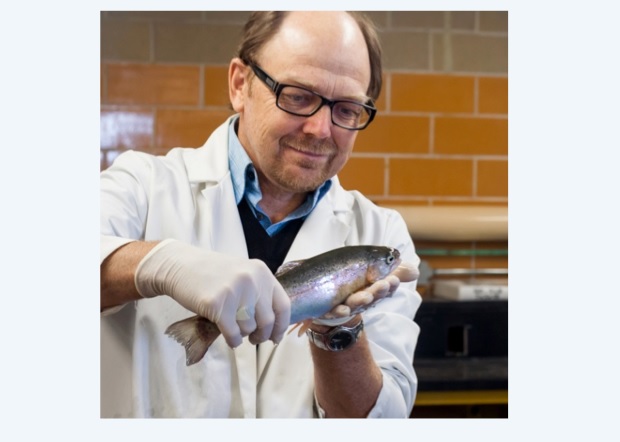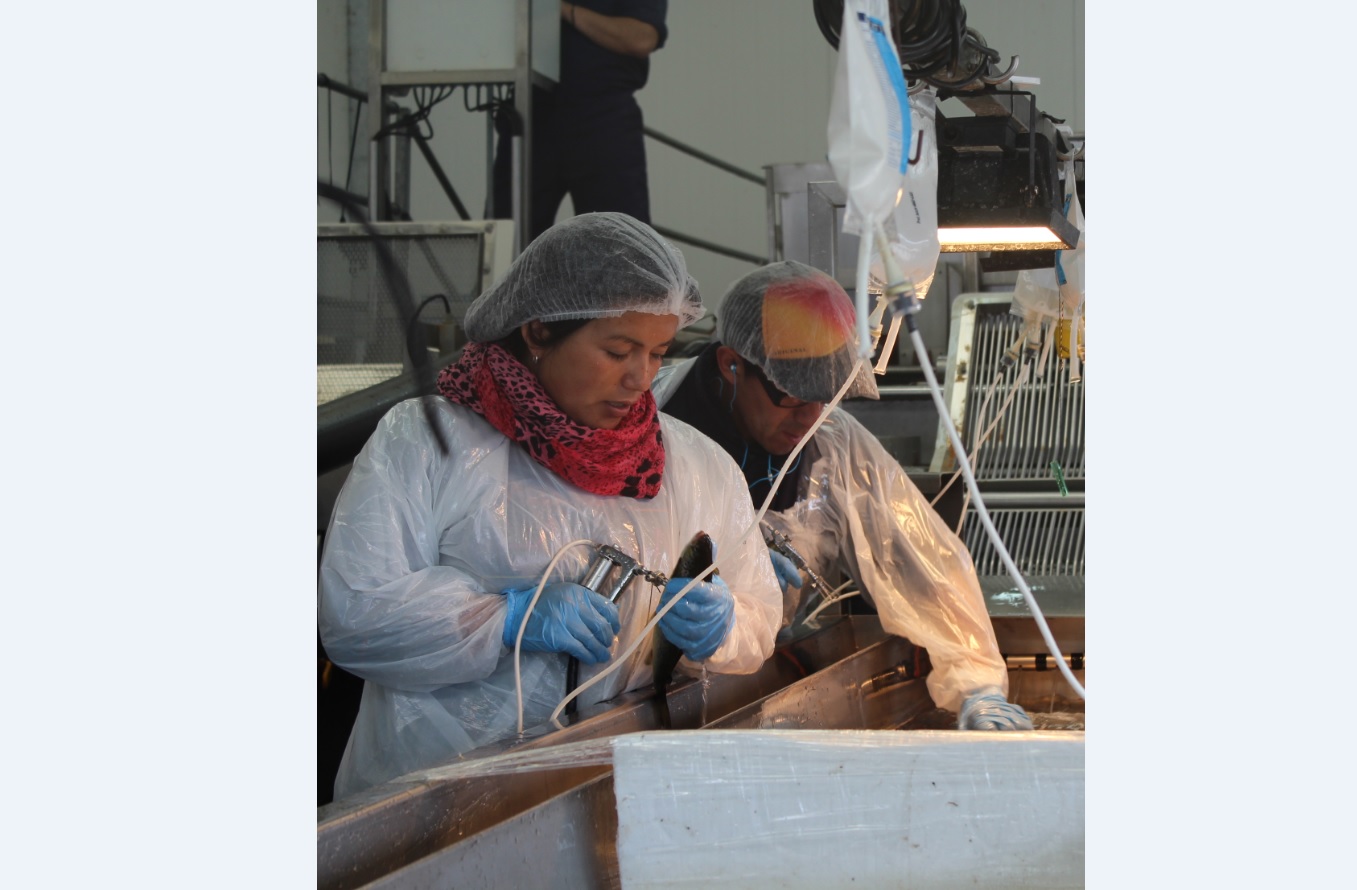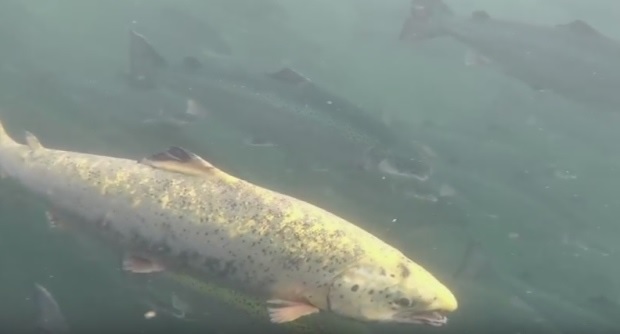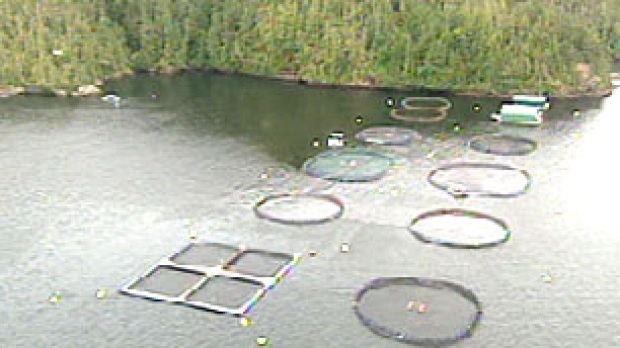Aquaculture, or fish farms, have come under quite a bit of criticism, but in spite of that, they have now become a crucial part of the the world’s food supply.
Brian Dixon (PhD) is a professor of biology and Canada Research Chair in Fish and Environmental Immunology at the University of Waterloo, in Ontario.

Brian Dixon, (PhD). University of Waterloo (supplied)
He points out that ocean catch worldwide peaked in 1993, and though technology and equipment have improved, the catch globally has not.
He says that last year was the first time farmed product exceeded 50 per cent of marine species consumed globally. In 2013, farmed fish exceeded the world’s beef production, both facts showing that aquaculture has become a major component of the world food supply and that preventing loss from disease and spread into the wild population is also critical.
ListenFish in pens are subject to a variety of diseases which can spread due to the close proximity of large numbers of fish in the confined space.
World-wide, losses due to disease in a six billion dollar industry can be from 10 to 20 percent

Chile Salmon farming. the young salmon are injected with vaccine to prevent certain disease. Results are mitigated when salmon have to also fight off common parasites PHOTO: Dixon supplied
Without preventative measures the losses would be much higher.
Antibiotics are often used to limit disease, but overuse has led to severe criticism by environmentalists and scientists saying overuse leads to bacterial resistance among other issues.
Now preventative vaccines are coming into use. However a new study found that vaccines don’t work well if the fish are also suffering from a common fish farm parasite, sea lice.
As an example of what can happen when disease strikes fish farming operations, Professor Dixon notes that a flu-like virus in 2007-8 swept through the Chilean farmed salmon pens and wiped out much of the industry. Chile is the second largest farmed salmon and trout exporter in the world and in 2006, it provided some 38% of the world’s Atlantic salmon. The losses from the disease was a major blow to the Chilean economy.
Dixon also says once an infection spreads in a pen, the only solution is often to kill all the fish in the pen, which can result in an enormous financial loss.

Because of the close proximity of thousands of fish in a pen, disease can spread quickly. Developing better vaccines is critical to reduce loss, and even greater environmental harm. PHOTO: Sea Shepherd Conservation- YouTube
“Fish have a limited number of resources to respond to an illness so their immune system makes choices—when they’re infected by sea lice, for example, the fish’s immune system is suddenly geared to respond to that specific threat, leaving them totally exposed to other threats like P. salmonis disease. It’s like sending ambulances out to all emergencies when in fact some of those emergencies need firefighters.” B Dixon
His study shows that current vaccines will work reasonably well in preventing disease in the fish as long as a secondary infection of parasite is not involved. He says current vaccines tend to be similar to those for humans and animals, and don’t necessarily work as will with the immune systems of fish.
In addition, he notes that as the oceans warm, this puts additional stress on the fish making them more vulnerable to disease. Dixon says because of the importance of the aquaculture industry, pharmaceutical companies should begin to devote more research to the specific needs of this industry which is here to stay.







For reasons beyond our control, and for an undetermined period of time, our comment section is now closed. However, our social networks remain open to your contributions.